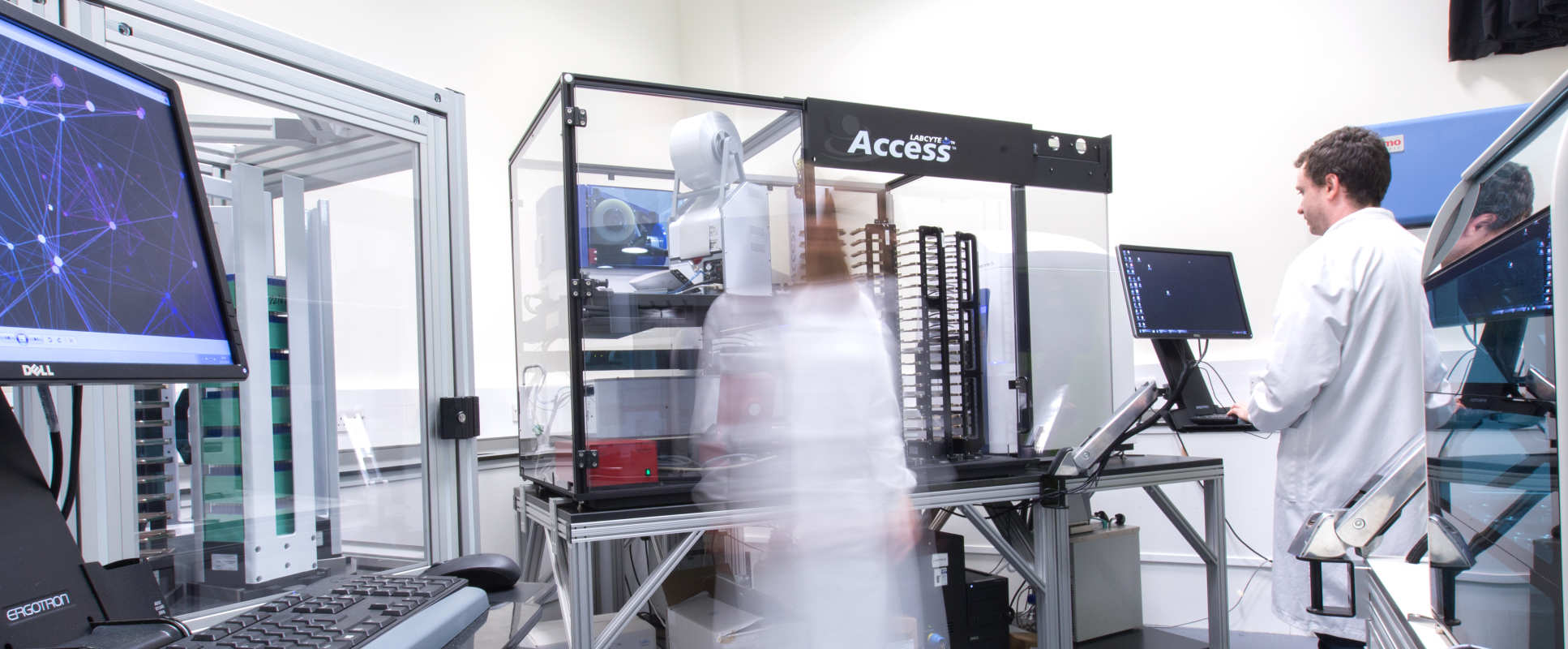
Key contributors
- Imperial College London
- Aimei Hissen Vaccine (Dalian) Co., Ltd.
- VABIOTECH (Vietnam)
- NIBSC (UK)
- CPI
Submit a contact request
Challenges and opportunities
Yeast-based production of recombinant proteins plays an important role in the pharmaceutical industry representing approximately 20% of bio-products approved for human use including prophylactic vaccines. It has several advantages over mammalian-based systems including rapid growth rates, ease of genetic engineering, faster cell line development, inexpensive and locally-available medium requirements, and well-established fermentative technologies – some are similar to the brewing industry. Thus, the yeast may be more suitable for vaccine production in low-resource environments.
As vaccine manufacturing platform, yeast can produce virus-like particles (VLPs) by expression of one or more viral capsid proteins to form and display a large repertoire of antigenic sites including discontinuous epitopes. VLPs are non-infectious and much safer than live or inactivated vaccine approaches while retaining high immunogenicity. Currently, VLP-based vaccines made by yeast are licensed for hepatitis B virus (HBV) and human papillomavirus (HPV).
Several yeast species have been used for development of human vaccines including traditional baker’s yeast (Saccharomycess cerevisiae) and non-conventional yeasts such as Hansenula polymorpha (Pichia angusta) and Pichia pastoris. However, no single yeast platform is optimal for all vaccine productions. Therefore, we will evaluate several yeast strains in parallel for their capability to produce a particular vaccine in desired yield and quality.
Methodology
Our LMICs partners from China and Vietnam have well-established GMP facilities for S. cerevisiae or H. polymorpha for HBV vaccine productions. Shantha /Sanofi make the HBV vaccine, ShanvacTM in India. Our aim is to improve/optimise the manufacturing through genetically engineering yeasts for high yield and stability as well as humanised glycosylation. We will work to expand the VLP pipeline by engineering new exemplar vaccines based on EV71/CA16, Chikungunya and Hantavirus VLPs, and Rabies virus glycoprotein.

Key outcomes from this workstream
- Train scientists from LMIC partner institutions at Imperial College London
- Establish a set of yeast vaccine seed clones (strains) that have the optimal balance between the amount of protein production and protein stability generation of humanised glycosylation in S. cerevisiae, H. polymorpha or P. pastoris
- Evaluate selected vaccine candidates using our genetically modified or engineered yeast strains
- Develop robust, modular and intensified manufacturing processes


